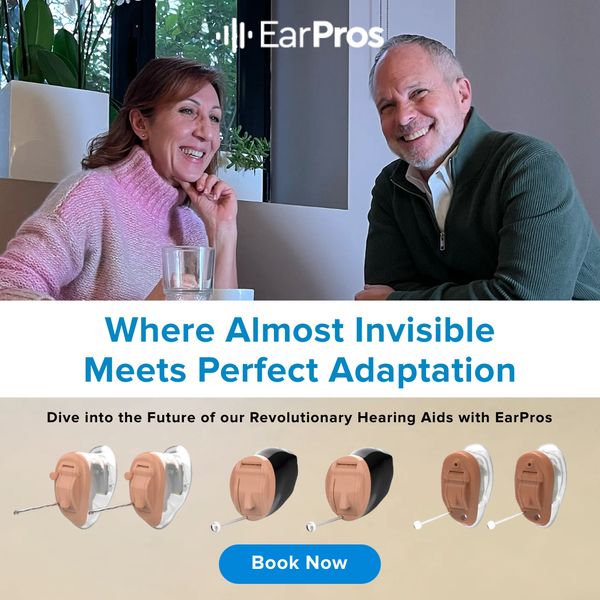
Hearing aid retailer Amplifon, whose properties include
Miracle-Ear, has doubled the number of online-generated leads since incorporating AI into its ad creative over a year ago. Cost-per-lead during the same period has fallen an average 20%.
Those
figures were revealed to Marketing Daily by Matteo Trichilo, global head of EarPros, Amplifon’s five-year-old lead generation arm, whose ads, without mentioning its parent’s brands,
are designed to get people to book free hearing tests at local retailers, educate them on the value of hearing aids, and reduce the social stigma surrounding the topic.
The ads run largely on
Facebook, “because that’s where the majority of our target audience is,” Trichilo says, but also on TikTok, Google, and via native. Since the target audience consists mostly of older
people who “don’t realize they’re getting hearing loss until it’s too late” and also face social stigma, “we try in any way possible to drive people to our
shops,” he says.
advertisement
advertisement
That necessitates a “huge volume” of ads, Trichilo relates, but by April 2023, when AI was adopted, “we were not able to scale up our business
anymore” because of the need for all those ads.
EarPros had been stuck for months on “never-ending rounds of testing,” he says, as well as “creatives that were not
working,” but with AI, “everything started to work again,” allowing EarPros to scale up, generate more leads, and improve the quality of those leads.
Trichilo says AI
has generated some 2,000 ads and saved around 50 days of work “versus the previous process with a creative agency.”
What EarPros hasn’t done though, is get rid of that
creative agency. Indeed, using AI has “freed up so much budget” (“a 20% reduction in cost per lead means 20% more budget available”) that he can now use that agency -- which he
wouldn’t name -- to spend more on creating the assets used by AI, such as using “real actors.”
“I’m still using the agency, but in a new and better way,” he
declares.
Will Hanschell, chief executive officer/co-founder of The Brandtech Group’s AI platform Pencil, which handles EarPros’s AI execution, explains that, thanks to the
technology, creative agencies can do more production, including photo and video shoots, talent sourcing and casting, “which is actually what a lot of the creative folks enjoy the most”
rather than “a million ad variations.”
Also, Hanschell notes, since EarPros operates globally, “you need to do these tests in every market, sometimes in every single
city.” EarPros’ AI ads have run in the U.S., UK, Canada, France, Spain and other countries. “We are working in many more geographies than we were doing last year,” says
Trichilo.
AI tools, Hanschell says, are “impartial” with no “ego about fonts and color and aesthetics.” Instead, AI has allowed EarPros to “rationally communicate
to [its] audience in a way that they can understand and actually see on their screen.”
That can even come down to text size, he explains. For example, “older people may have their
phones already set to zoom in, so everything on the display is shown larger.”
“AI can complement traditional human ways of making content, cut through and do something that’s
more in the interest of the actual end consumer,” Hanschell notes.
“That’s how we fight the hearing loss and fight the stigma,” says Trichilo, mentioning additional
issues with older adults like cognitive decline, loneliness and social isolation. “It’s really important that we find a way to focus on the key users.”